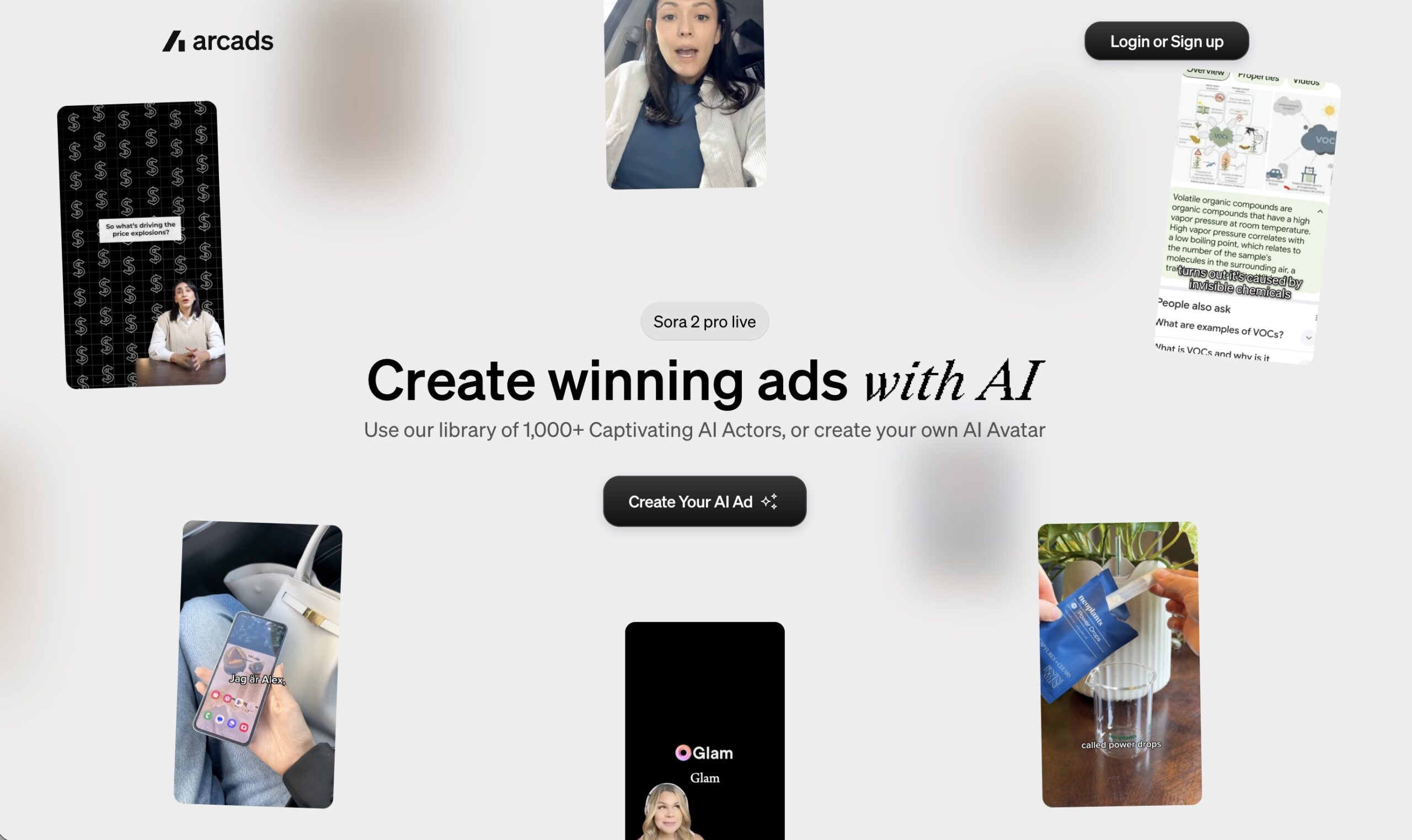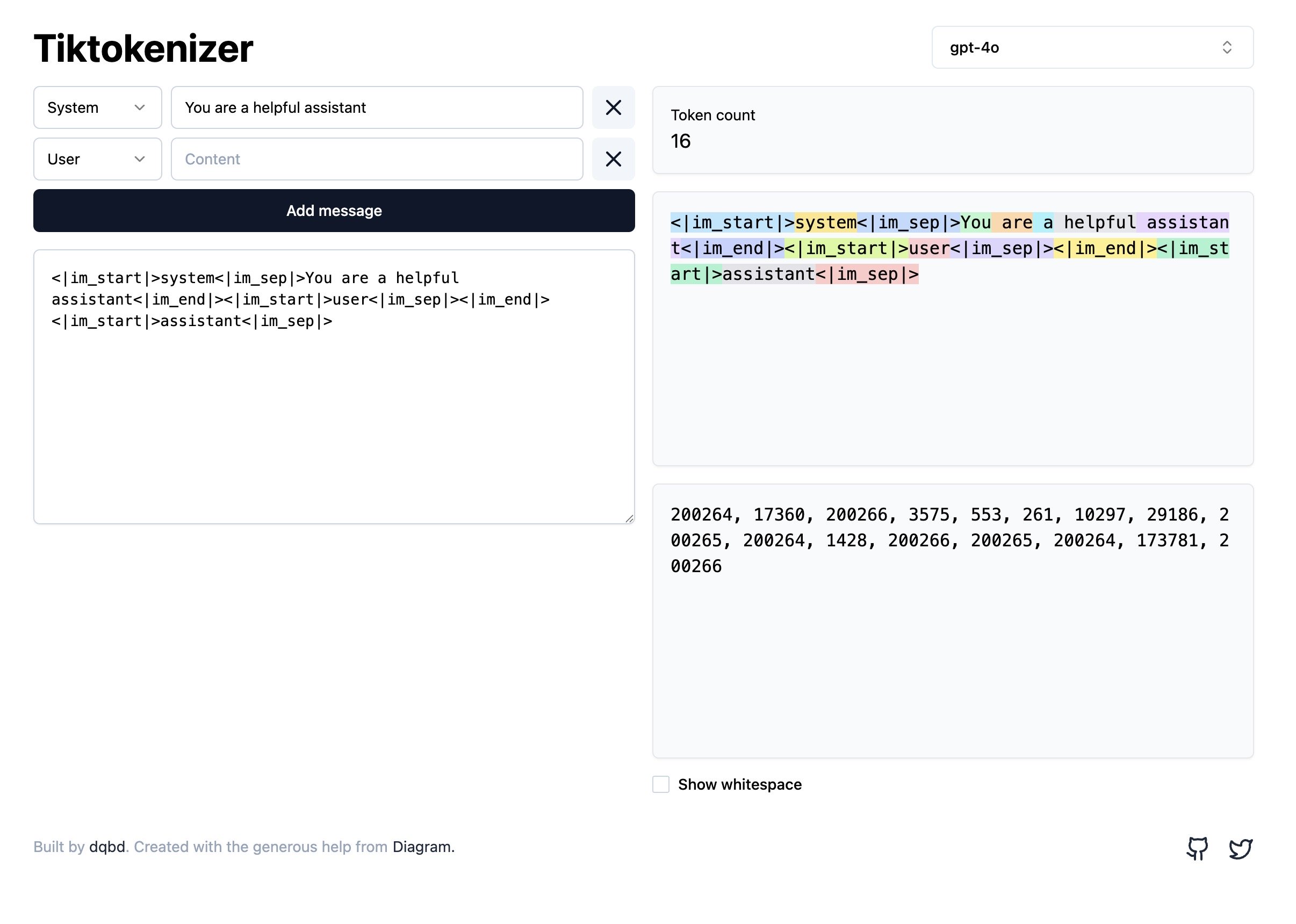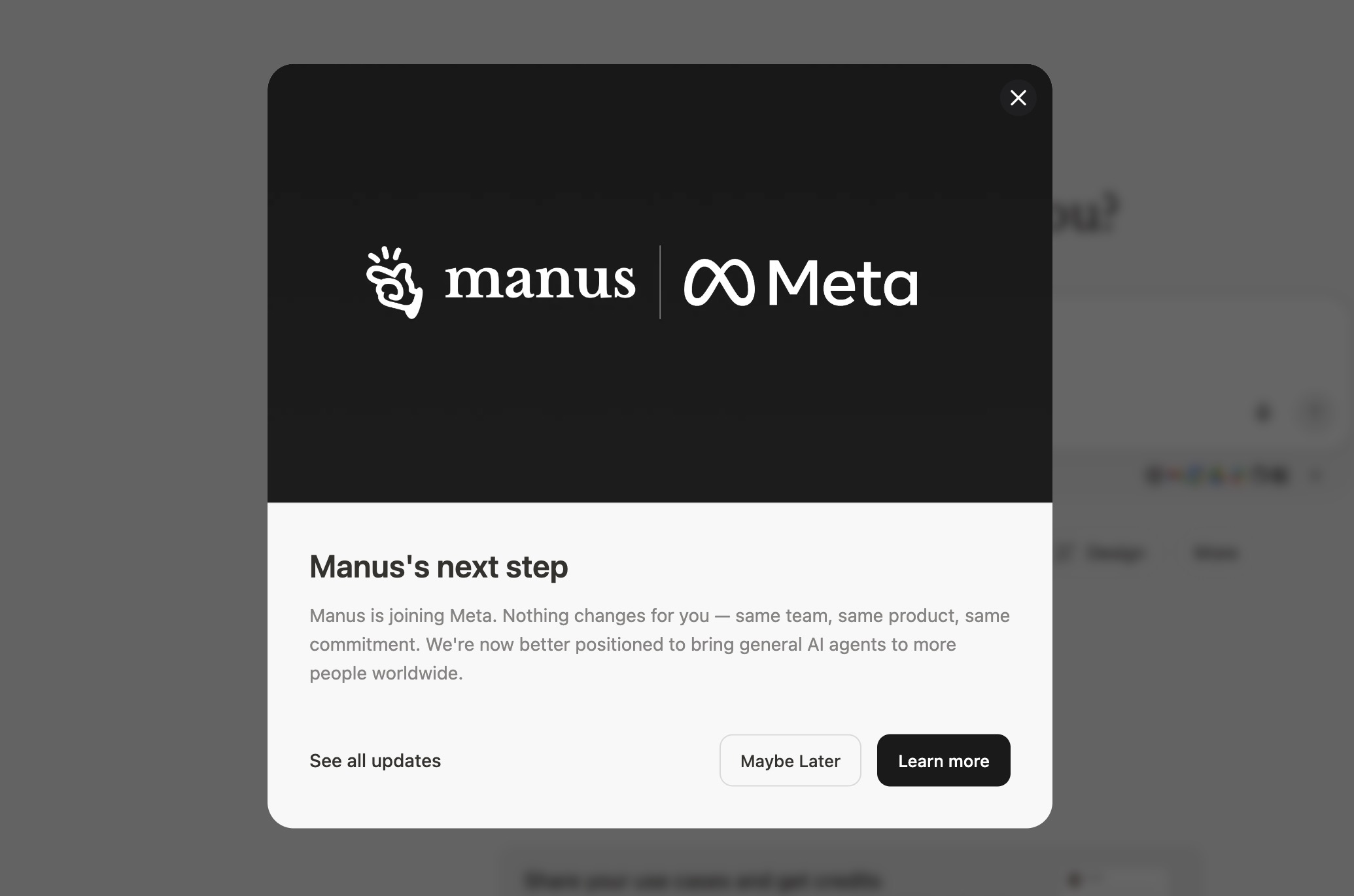I had an interesting conversation with one of my business partners recently. I like talking to people who share my level of passion for AI innovation and its progression. Not just because we geek around what would or already is possible. But also because we talk a lot about potential risks and all the scary stuff that will for sure come with it.
So far, we already built a couple of GPT tools together, so it’s natural for us to talk tactical and practical. This dynamic also allows us to speak directly and openly about the main concerns and doubts when discussing new potential product ideas.
Our recent debate led to comparing Azure AI and Open AI APIs, their capabilities, strengths, weaknesses and comparisons on building products/wrappers on top of each.
My team and I have been more focused on building tools and experiences with ChatGPT since it came out, so we became pretty savvy in it. The result is that our natural first choice is to use the framework we shaped and created in the spectrum of the OpenAI’s API learnings we gained along the way.
However, I’m interested in learning more about the Azure AI API, as I believe the Microsoft environment could potentially be a better fit for most of our clients. This is due to the importance of internal and user data, which no one would dare to handle carelessly.
That’s why I did some research over the weekend and wrote down my findings. Soon I’ll also try to write a practical use case as well, once I try it out.
I’ll look at both APIs and compare their capabilities, try to define the strengths and weaknesses of both, and finally try to explain how to build products/wrappers on top of each.
Azure AI: The Versatile Powerhouse
First up, Azure AI. Think of it like a Swiss Army knife for AI. It’s part of Microsoft’s big family, and it’s packed with different tools. There are Cognitive Services for things like speech and vision recognition, Machine Learning for heavy-duty AI tasks, and Bot Services for creating smart chatbots. It’s pretty much an all-in-one package.
One of the main differences between these two technologies will probably be security.
Azure AI is like a fortress. Microsoft has been in the game for a long time, so they know how to keep data you safe. They’ve got everything from Active Directory integration to compliance with top-notch standards. It’s like having a top-tier security guard for your data.
Usability?
Azure seems pretty user-friendly, with plenty of guides and SDKs. Plus, it plays nice with other Microsoft products, which is super handy if you’re already in their ecosystem.
OpenAI API: The Language Wizard
By now, everybody has probably heard about ChatGPT and OpenAI. Their language model has taken language processing to new heights. It excels in writing, conversing, summarizing – practically any language task you can think of. Similar to having a robot with the language capabilities of a human.
When it comes to security, OpenAI prioritizes responsible and ethical AI usage. But they also collect data when you
They strive to ensure their AI is used positively and are continually enhancing their security measures to rival those of platforms like Azure.
OpenAI API is designed for ease of use, supported by extensive documentation, and backed by a robust community. It’s an ideal choice for integrating advanced language functionalities into your applications effortlessly, without the need to develop these features from the ground up.
How big of an issue and difference in security actually are between Open AI vs Azure AI?
One of the biggest and most noticeable differences most people will point out is security.
But is that really the case?
With OpenAI Enterprise even data security is not so much different than it was. Data security has seen significant advancements, aligning more closely with industry standards. OpenAI’s commitment to responsible AI use extends to how they handle user data.
They’ve invested in robust security protocols and compliance measures, ensuring that sensitive information is treated with the utmost care. This includes features like data encryption and controlled access, mirroring some of the stringent security measures seen in Azure AI.
Moreover, OpenAI’s Trust Portal provides transparency and insights into their security practices, giving users a clear understanding of how their data is managed and protected. This step towards enhanced security and transparency is vital, especially when considering the deployment of AI solutions in sensitive areas.
But Open AI does not offer Virtual Networks and Private Endpoints!
Azure AI stands out from OpenAI with its more advanced security features, particularly Virtual Networks (VNets) and Private Endpoints.
VNets provide a secure space in the cloud, like a private office network, ensuring that only approved services and applications can communicate with each other. Private Endpoints offer a secure access path to your cloud services, acting like private, guarded doors that only let in verified traffic.
While OpenAI offers robust AI capabilities, Azure AI’s security features are especially valuable for businesses that handle sensitive data and need strict security measures. These features make Azure AI a preferred choice for industries that require high levels of data protection and privacy.
So, what are some of the most significant differences between Open AI vs Azure AI?
Keep in mind! This post was written in December 2023, and stuff moves fast in this field. Even though I’ll try and keep the data up to date, double check information on you own as well.
| Feature | Azure OpenAI | OpenAI |
|---|---|---|
| Ownership | Joint venture by Microsoft & OpenAI | OpenAI |
| GPT-4 Support | Provides access to newest GPT-4 models | Various learning materials are available |
| Security | Advanced security from Microsoft Azure | Basic security measures on regular Plus Account. The enterprise option offers more layers. |
| Image Input for GPT-4 | Not available currently | Multi-modal support with AI vision |
| VNet & Private Endpoint Support | Available | Not offered |
| Access | Requires Azure access and application | Open to all users |
| Learning Resources | Azure OpenAI training courses | Various learning materials available |
| Support | Azure Cognitive Services support | Multiple support channels, including email |
| Fine Tunes Model Creation | Up to 100 custom models | Not mentioned |
| Training Data Usage | Only for customer model refinement | Data may have been used for improvements before March 1, 2023 |
| Data Storage | Prompts stored for 30 days, encrypted and Microsoft-access only | Prompts and completions may be used for model training |
| SLAs for API Responses | Same as Azure Cognitive Services | SLAs in development, status page available |
| Pricing for ChatGPT (gpt-3.5-turbo) | $0.002 per 1k tokens | $0.002 per 1k tokens |
| Regional Availability | Limited to specific regions | Widely available |
Usability tests: Azure OpenAI vs OpenAI API
I found this article on Medium by Paridhi Gupta comparing Azure OpenAI and OpenAI, focusing on GPT-3.5-turbo.
Gupta conducted latency and quality comparisons using both services on a set of prompts.
The results were assessed through unchained prompts and chained prompts (16K and 4K models), analyzing latency (delay or leg) and semantic output (content quality of the result).
When asked to summarize a passage from “Harry Potter and the Sorcerer’s Stone” without any previous context, Azure OpenAI’s 16K model worked faster than OpenAI on average. However, Azure took more time for some longer tasks. In tests with multiple connected tasks, Azure had a harder time figuring out unclear instructions, while OpenAI gave more accurate information from start to finish.
The speed tests revealed that Azure occasionally took much longer to complete tasks, particularly for more complex requests in the 16K model. On the other hand, OpenAI generally finished tasks at a steady pace. For the simpler 4K model tasks, OpenAI had a couple of slow responses, while Azure had a few that were just a bit slower than usual.
Excluding outliers, Azure generally performed slightly better in terms of speed for both the unchained prompt and the 4k chained prompt.
For more details about the comparison read the whole article on Medium – https://medium.com/@paridhi.chandra/azure-openai-vs-openai-30c7b88236f3
So, What’s the Verdict?
In terms of usability and integration, both platforms offer distinct advantages.
Azure AI, with its comprehensive suite of tools and seamless integration within the Microsoft ecosystem, is ideal for businesses already leveraging Microsoft products.
On the other hand, OpenAI’s API, particularly with its language capabilities, offers unparalleled ease in integrating advanced language processing features.
Ultimately, the choice between Azure AI and OpenAI’s API hinges on specific business needs and priorities. If a project demands a broad range of AI capabilities beyond language processing, Azure AI might be more suitable. But for projects where advanced language functionalities are key, OpenAI’s API, with its language-first approach, is a compelling choice.
The decision also depends on the nature of the data involved and the level of security required. While Azure AI has a long-standing reputation for robust security measures, OpenAI’s continuous improvements in this area make it a strong contender, especially for language-based applications.
Think about what you need.
If you’re a small company building a product for your audience (users) focused on creativity, entertainment and ease of use (and setup), then OpenAI API will be a great choice.
Simple setup, structured API documentation, and transparent pricing will help you get project running in no time.
While if you are – no matter the size really – a company, building a tool to help you optimize internal processes, content generation, data management (and possibly you already have Microsoft ecosystem setup) then Azure AI and it’s security protocols and local data training will be a better choice.
What have I missed? Or messed (up) … let me know in the comments.





